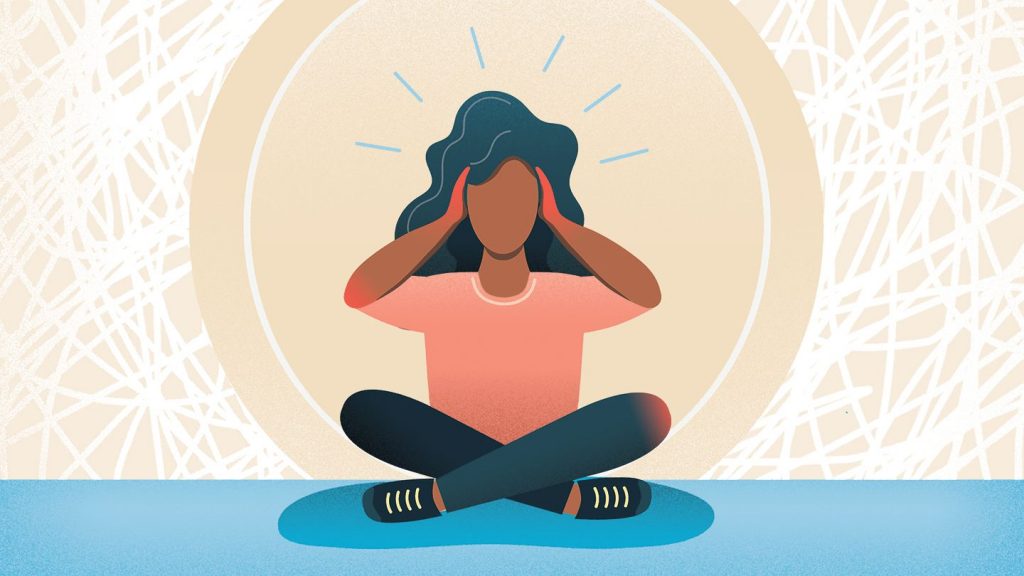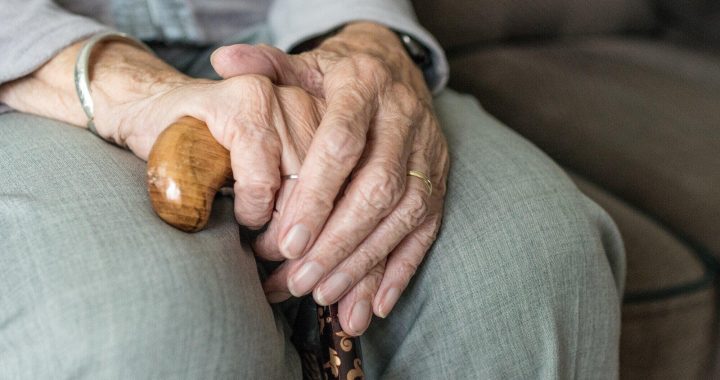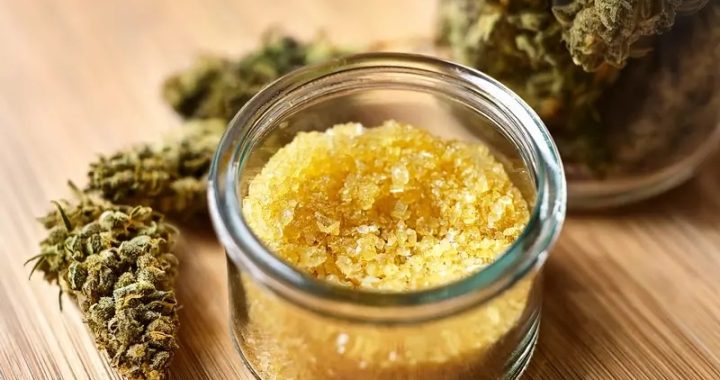
Natural remedies for anxiety and stress
Natural cures are generally considered safe to employ in conjunction with more traditional medical treatments. However, dietary modifications and some natural supplements may alter the way antianxiety medications such as modafinil work, so consult a doctor before using these treatments. The doctor may also offer other natural remedies.
Exercise
Exercise is a fantastic way to burn off anxious energy, and research backs this up. Exercise, for example, was proven to be a treatment for anxiety in a 2015 evaluation of 12 randomized controlled studies. However, the study noted that only higher-quality research could determine its efficacy. Exercising can also assist with anxiety brought on by stressful situations. According to the findings of a 2016 study, exercise can help those who are anxious about quitting smoking.
Meditation
Meditation can help to quiet racing thoughts, making it simpler to manage stress and anxiety. Mindfulness and yoga-based meditation are two types of meditation that may be beneficial. Mindfulness-based meditation is becoming increasingly popular in treatment. It can be quite effective for those with mood and anxiety issues, according to a 2010 meta-analytic study.
Relaxation techniques
Some people unconsciously tense their muscles and clench their jaws in response to anxiety. Relaxation techniques that are progressive Progressive relaxation techniques can be beneficial. Start with the toes and work your way up to the shoulders and jaw by resting in a comfortable position and slowly tightening and relaxing each muscle group.
If you’re looking for an intensive therapy retreat, look no further than Mental Health Getaway. We specialize in private, results-driven getaways that can help eliminate or reduce your symptoms.
Writing
Finding a means to communicate your worry can help you feel more in control. According to some studies, journaling and other forms of writing can help people cope with anxiety better.
Techniques for time management
Some people grow uneasy if they have too many responsibilities at the same time. These may include activities involving family, employment, or health. Keeping worried at bay can be as simple as having a strategy in place for the next important activity.
Effective time management techniques allow people to concentrate on one task at a time. Resisting the impulse to multitask, as well as using paper planners and online calendars can assist. Some people find that breaking major projects down into smaller, more manageable chunks helps them finish them with less stress.
Aromatherapy
Stress and anxiety can be relieved by inhaling relaxing plant oils. Some scents suit some people better than others, so experiment with a few different combinations. Lavender has a lot of health benefits. In a 2012 study, 67 women aged 45–55 were asked to investigate the benefits of lavender aromatherapy on insomnia. The findings suggest that aromatherapy can aid with sleep problems in the long run while also lowering heart rate in the short term.
Cannabidiol oil
Cannabidiol (CBD) oil is cannabis (marijuana) plant derivative. CBD oil, unlike other types of marijuana, does not include tetrahydrocannabinol, or THC, the psychoactive ingredient.
CBD oil is widely available in alternative health stores without a prescription. It has a significant promise for lowering anxiety and panic, according to a pilot study. Doctors may be able to prescribe the oil in states where medical marijuana is authorized. However, if these remedies don’t work, buy modafinil to help you in this regard.
Herbal teas
Many herbal beverages claim to help with anxiety and sleep. While some individuals find the act of making and drinking tea to be relaxing, some teas may have a more direct effect on the brain, resulting in an anxiety reduction.

























